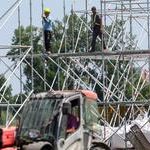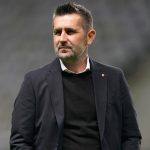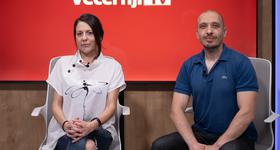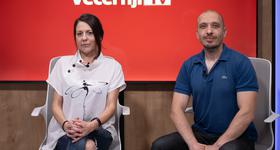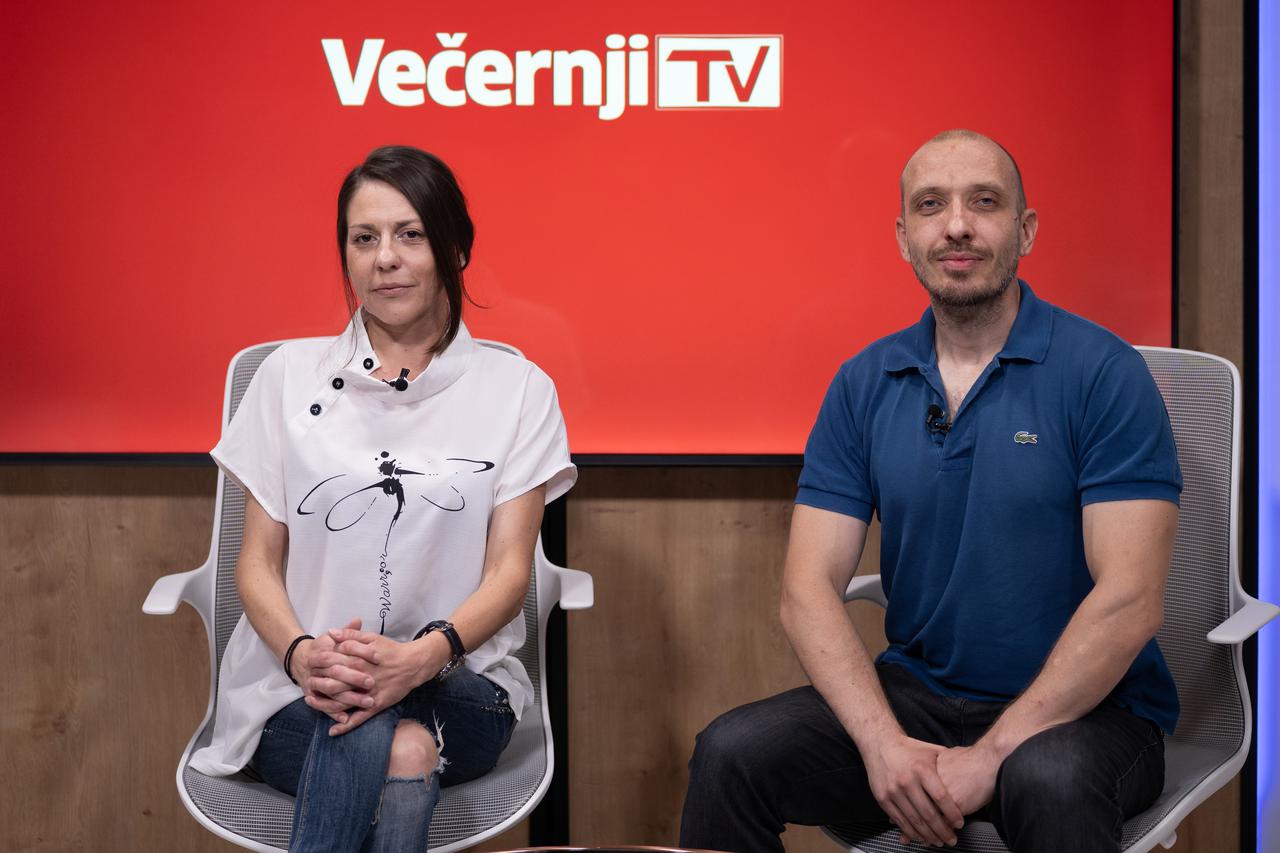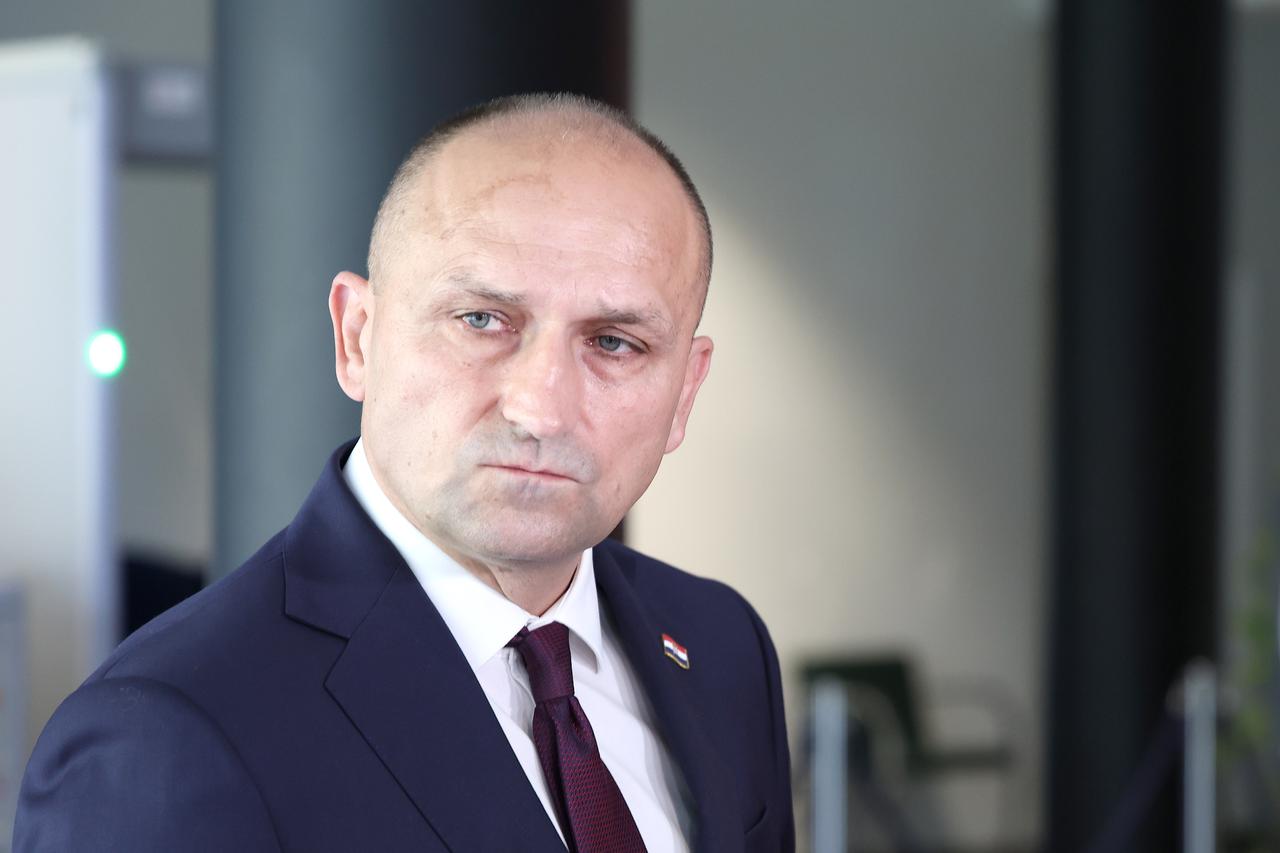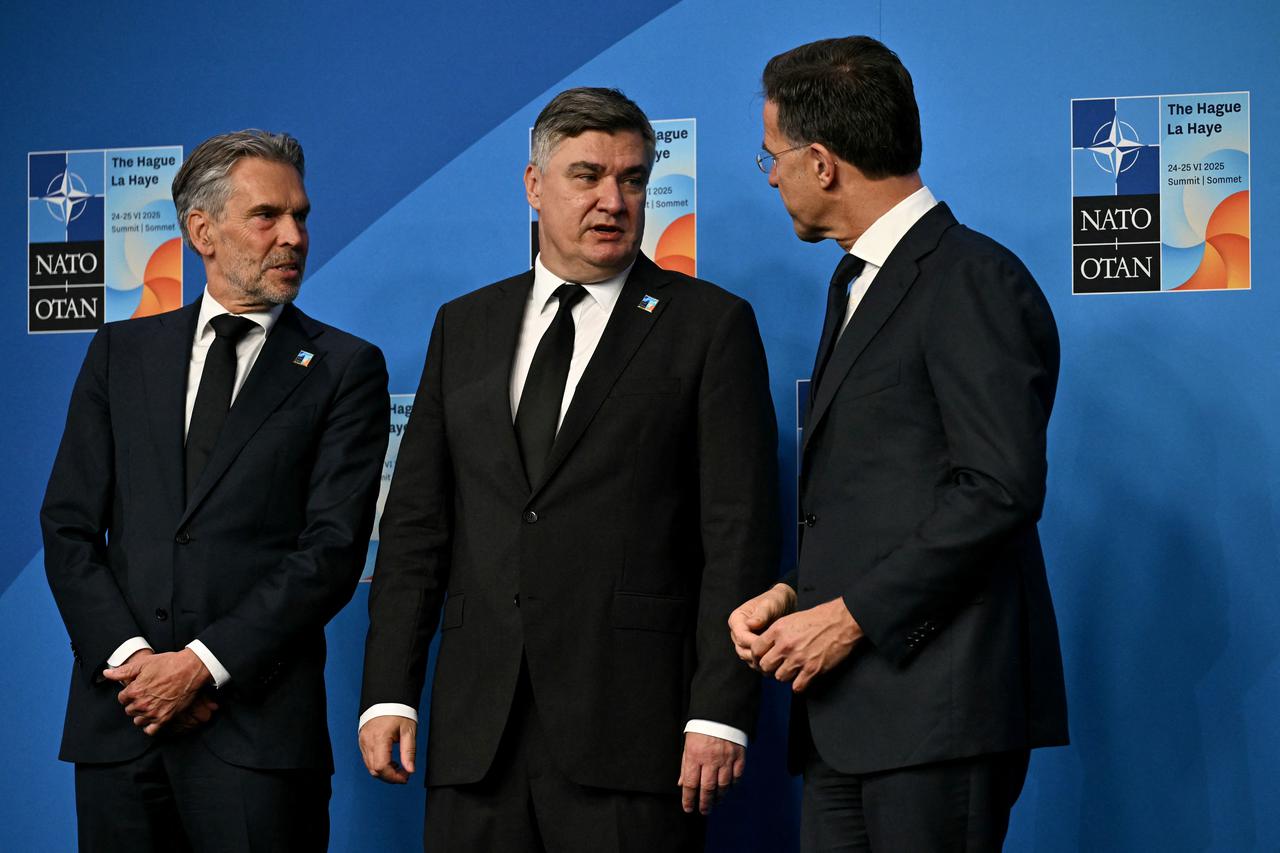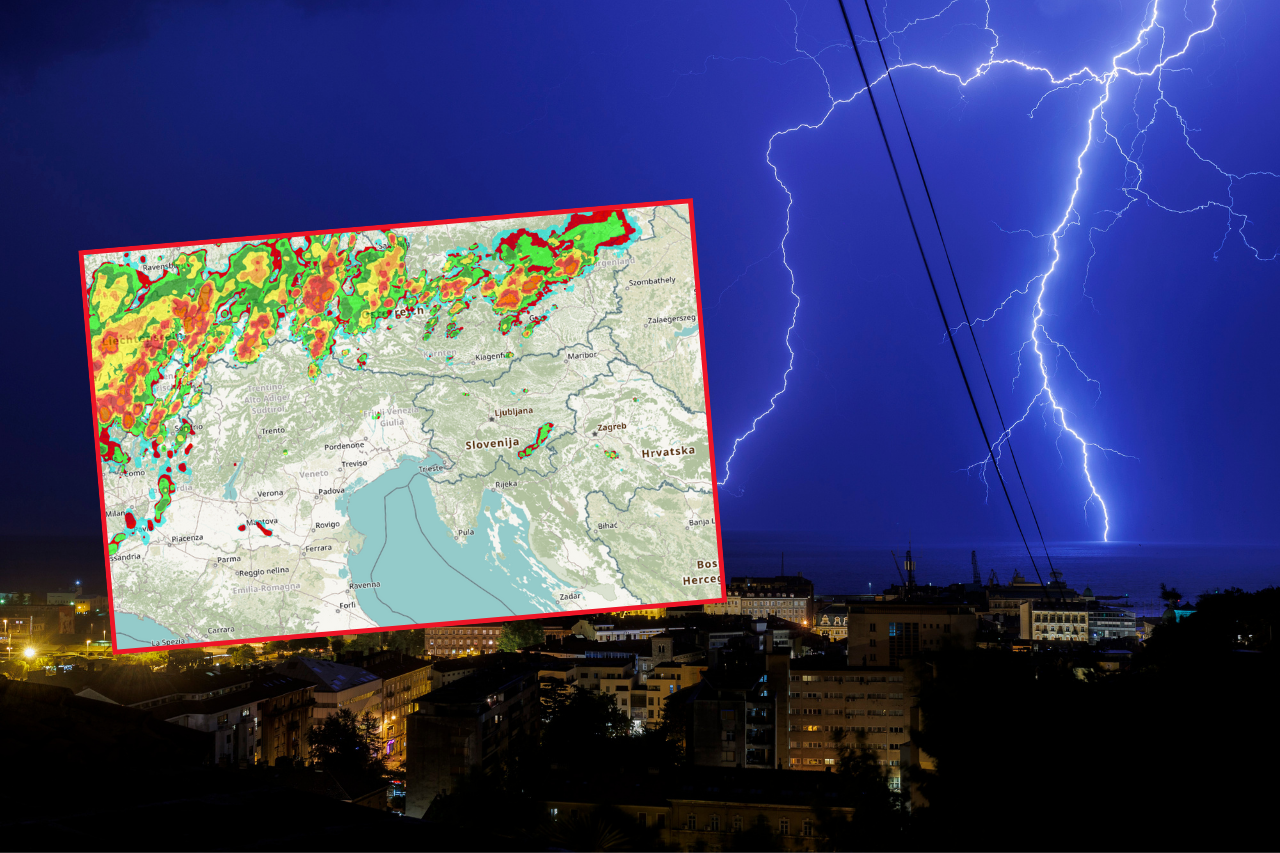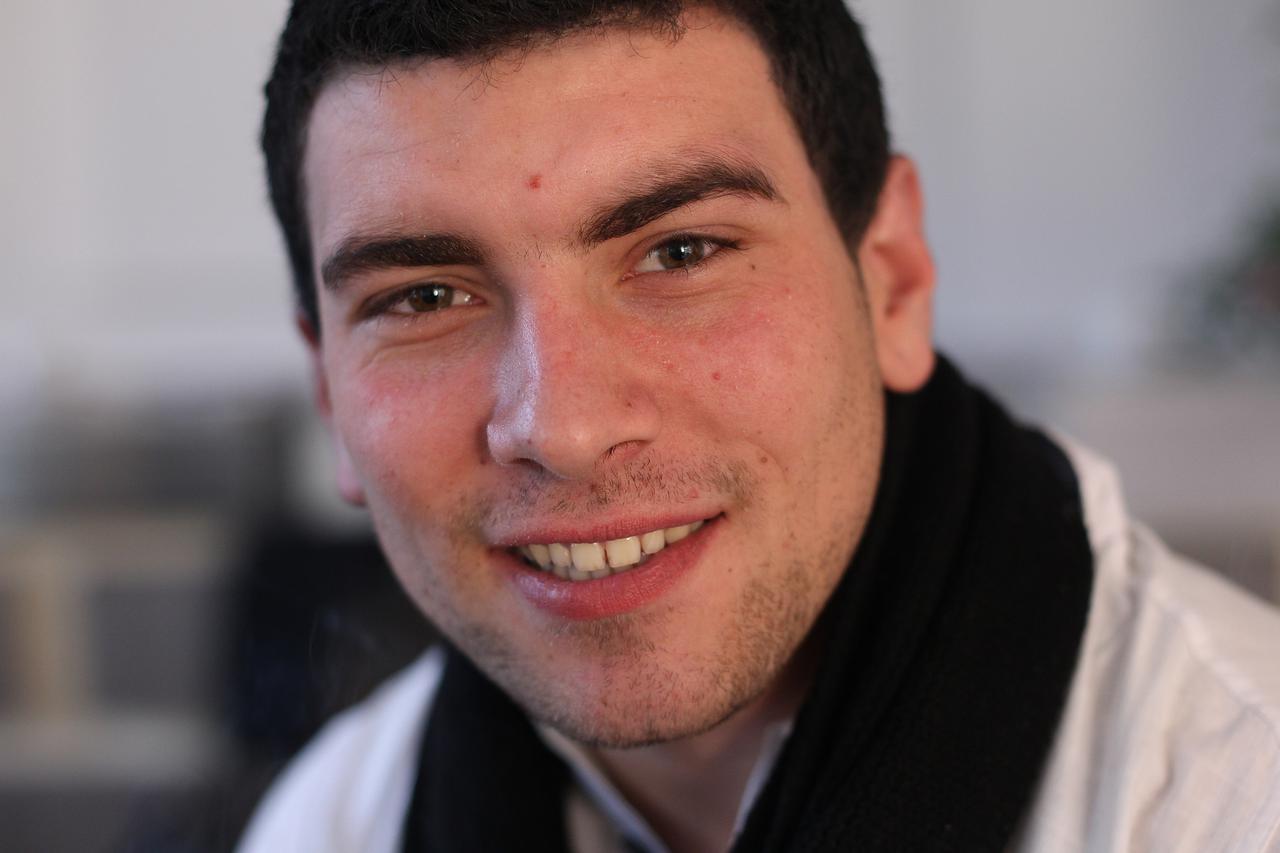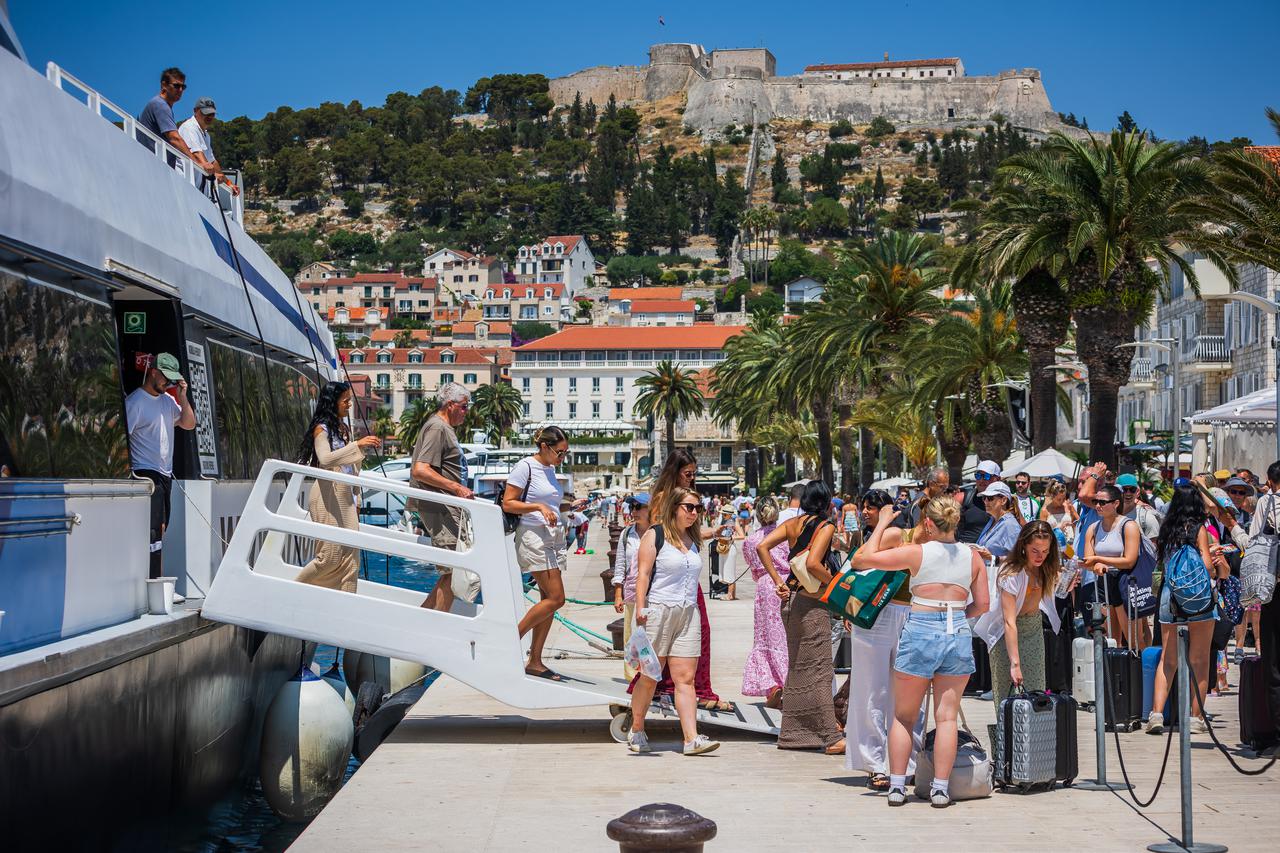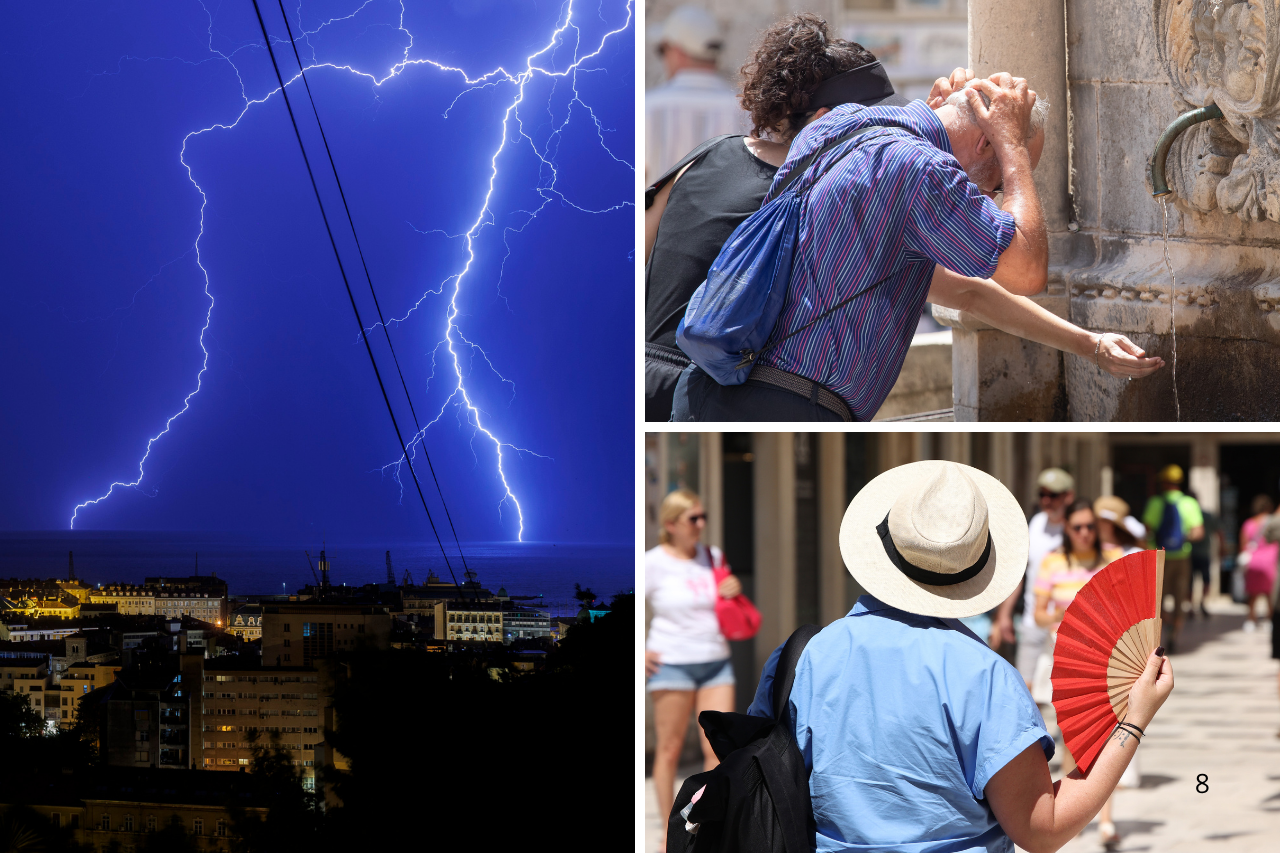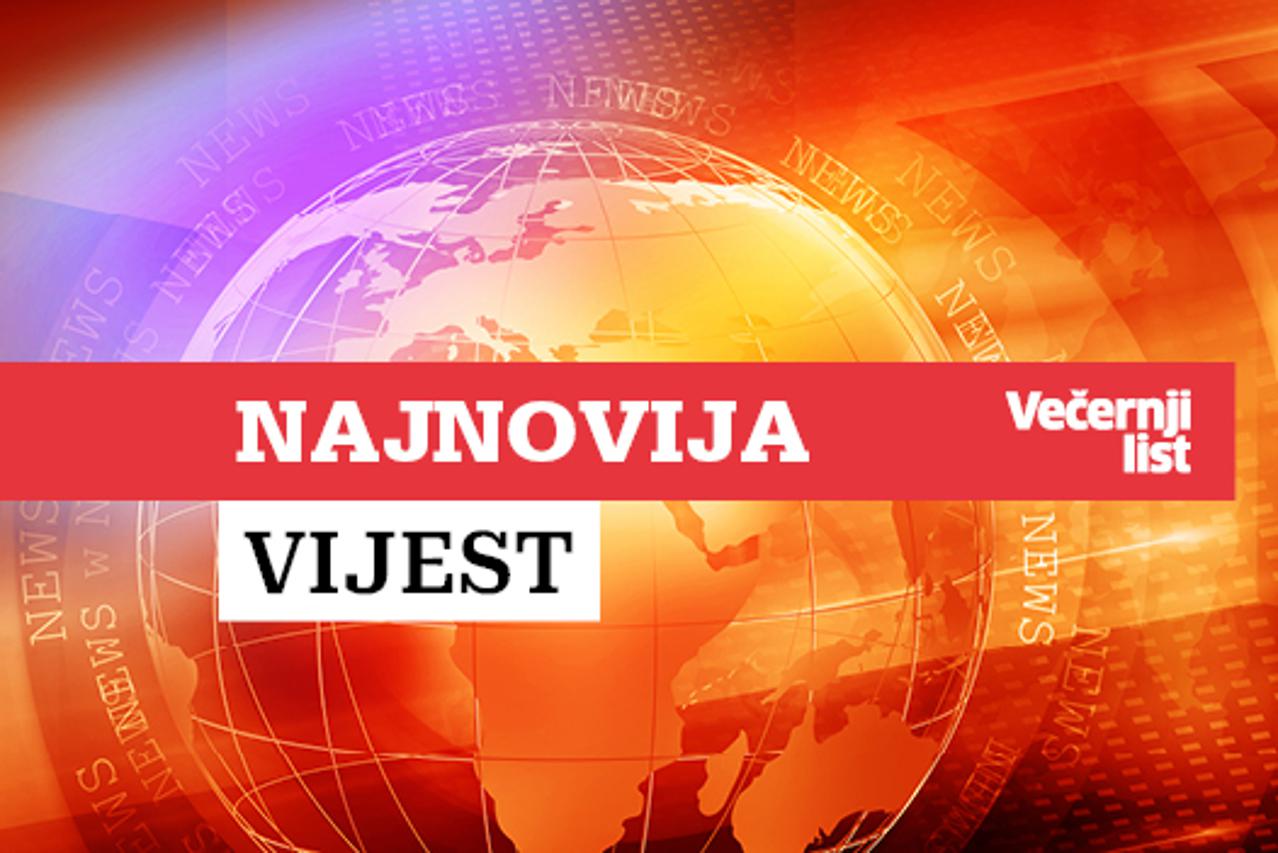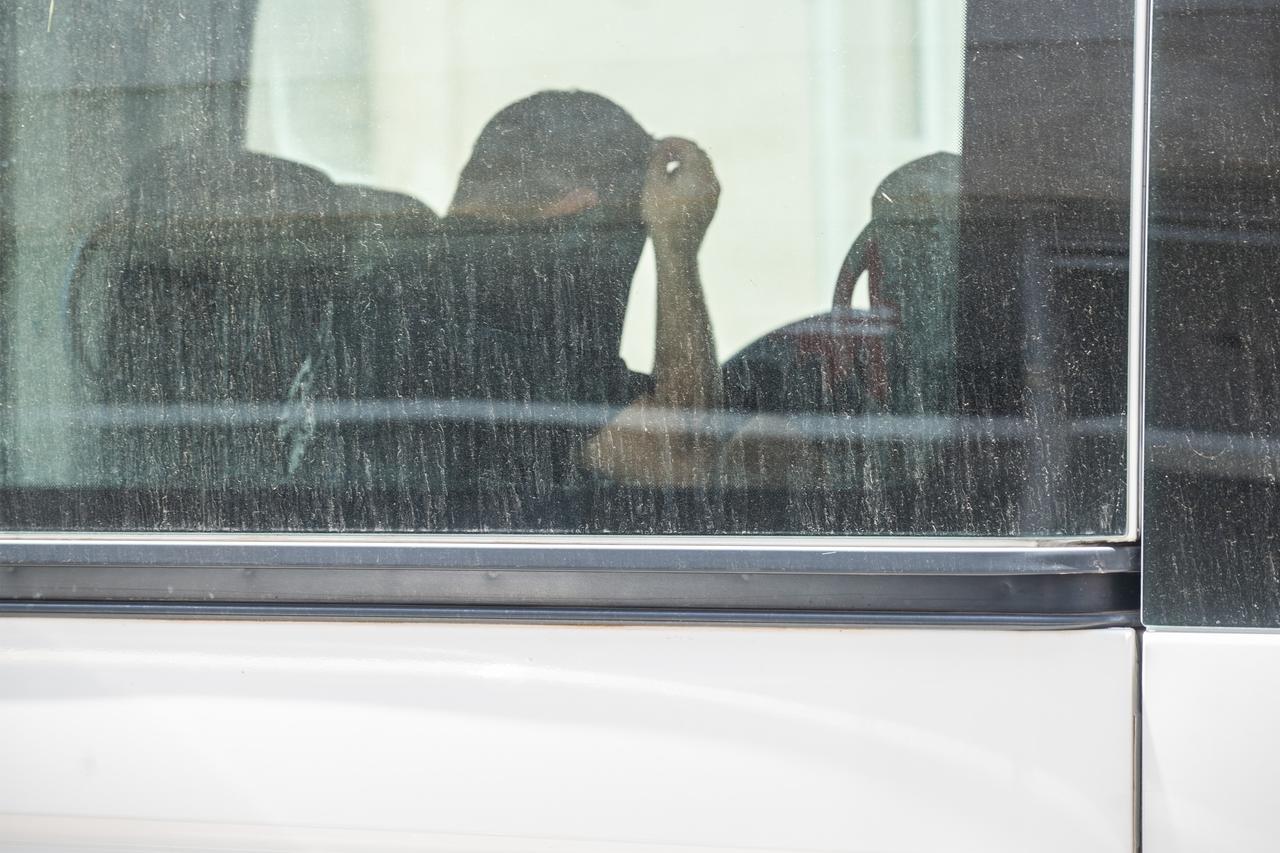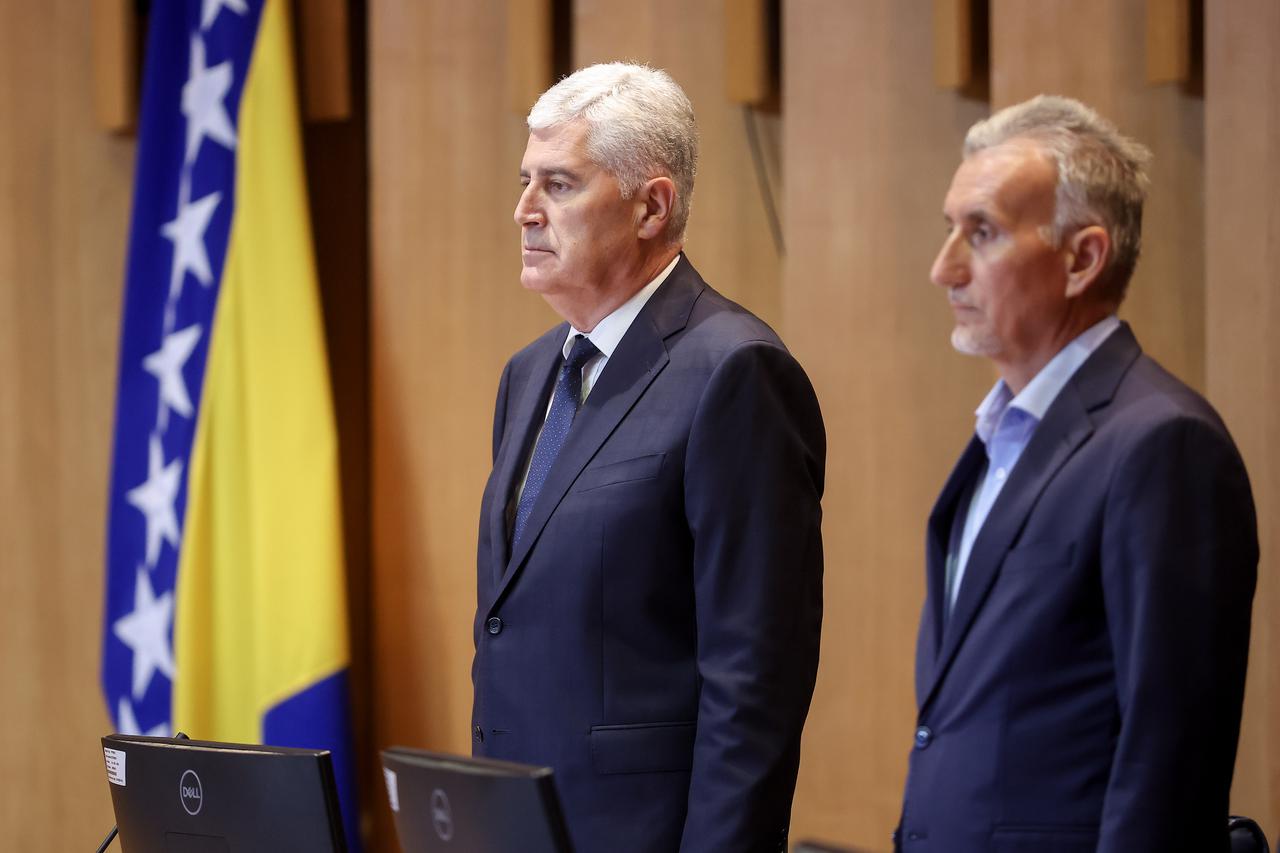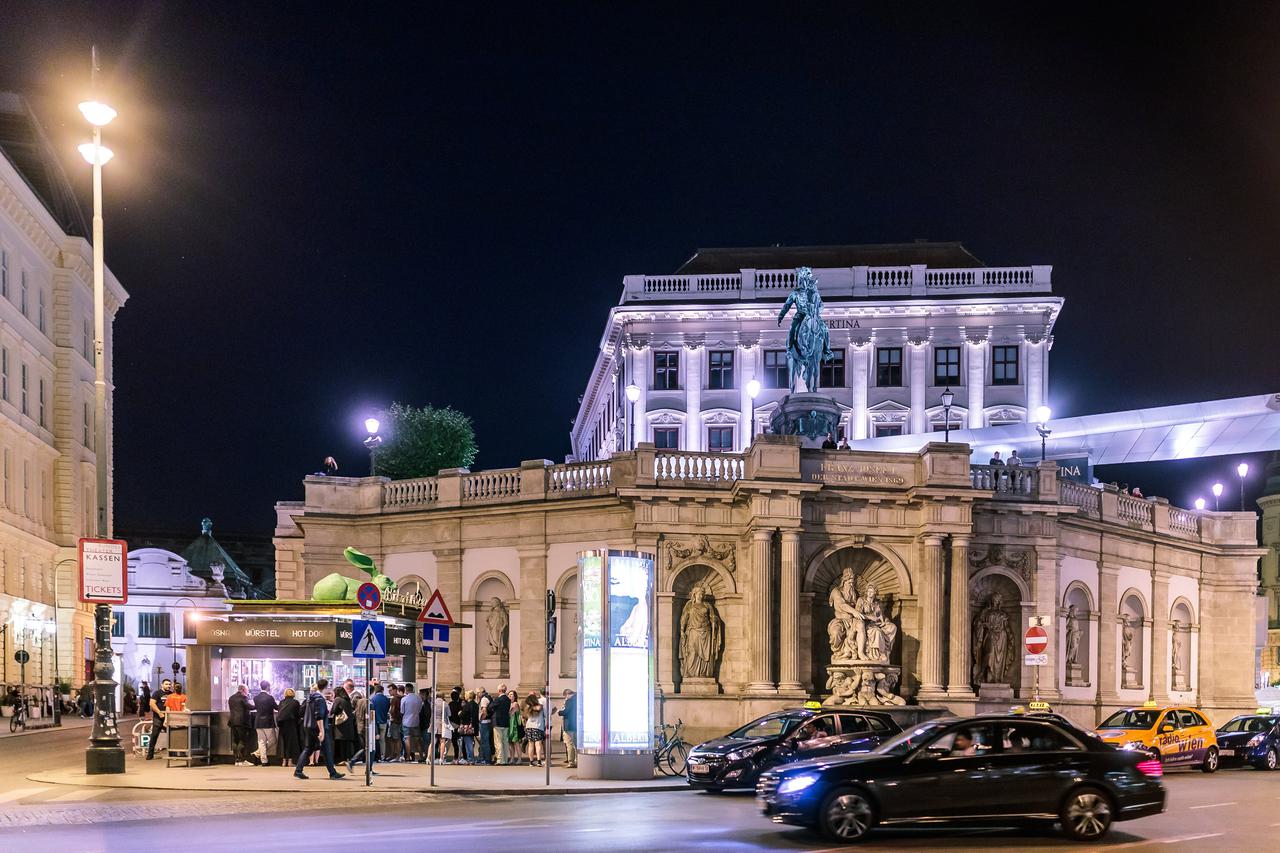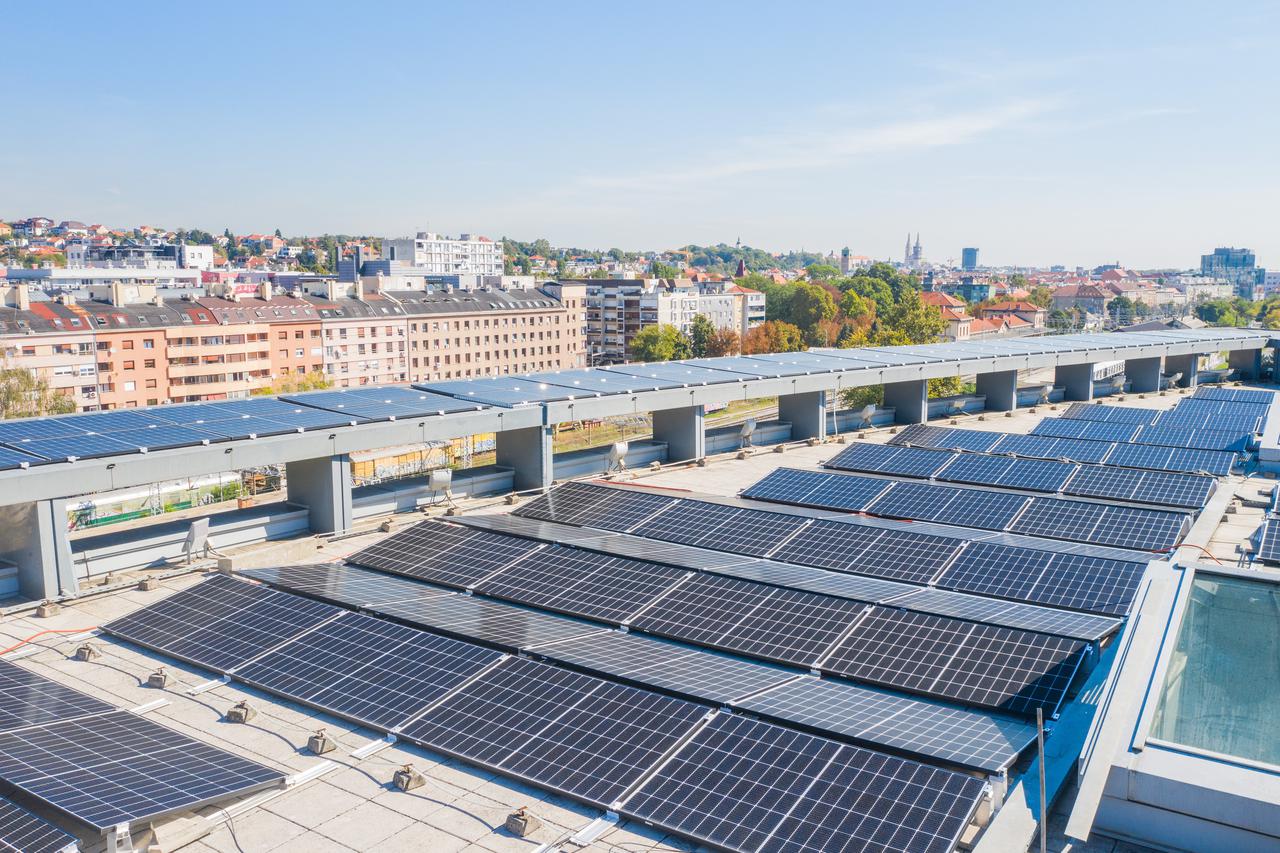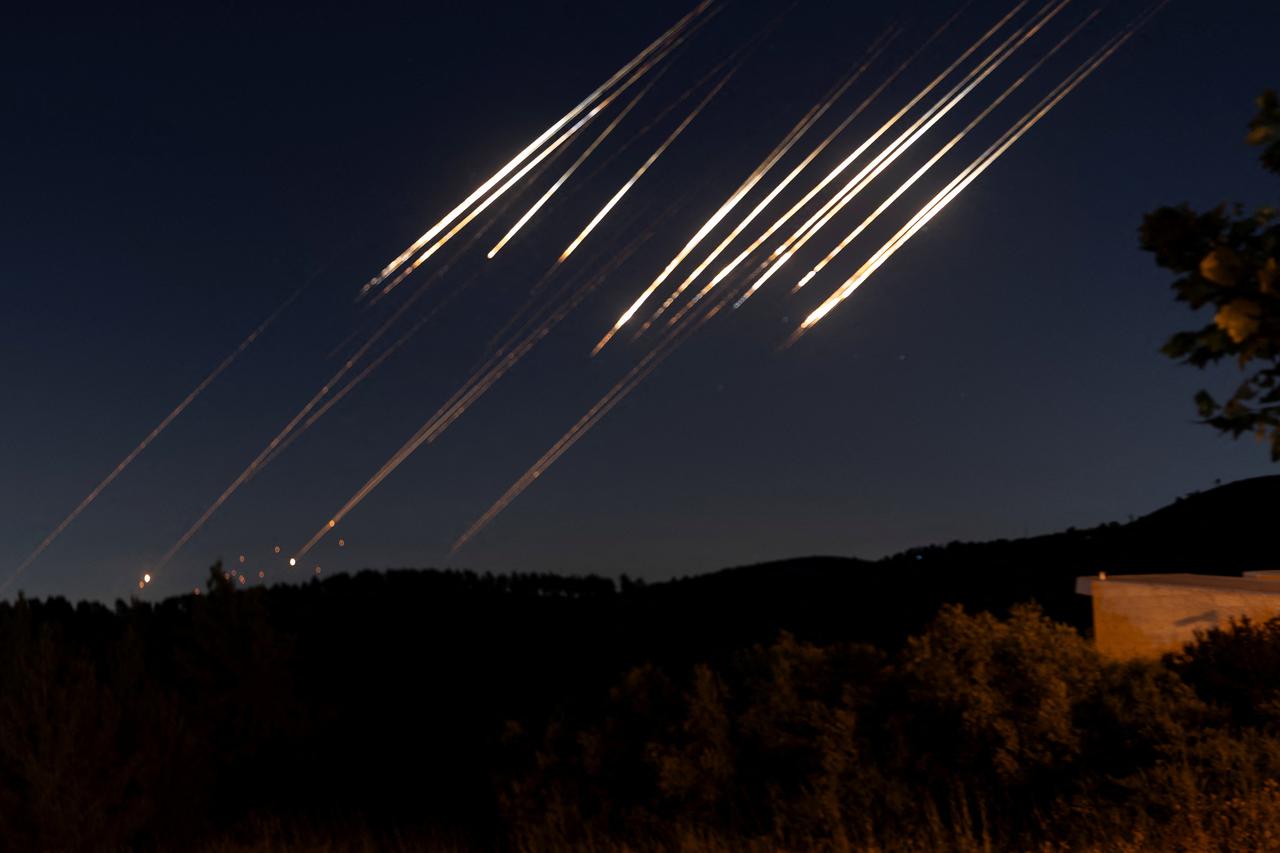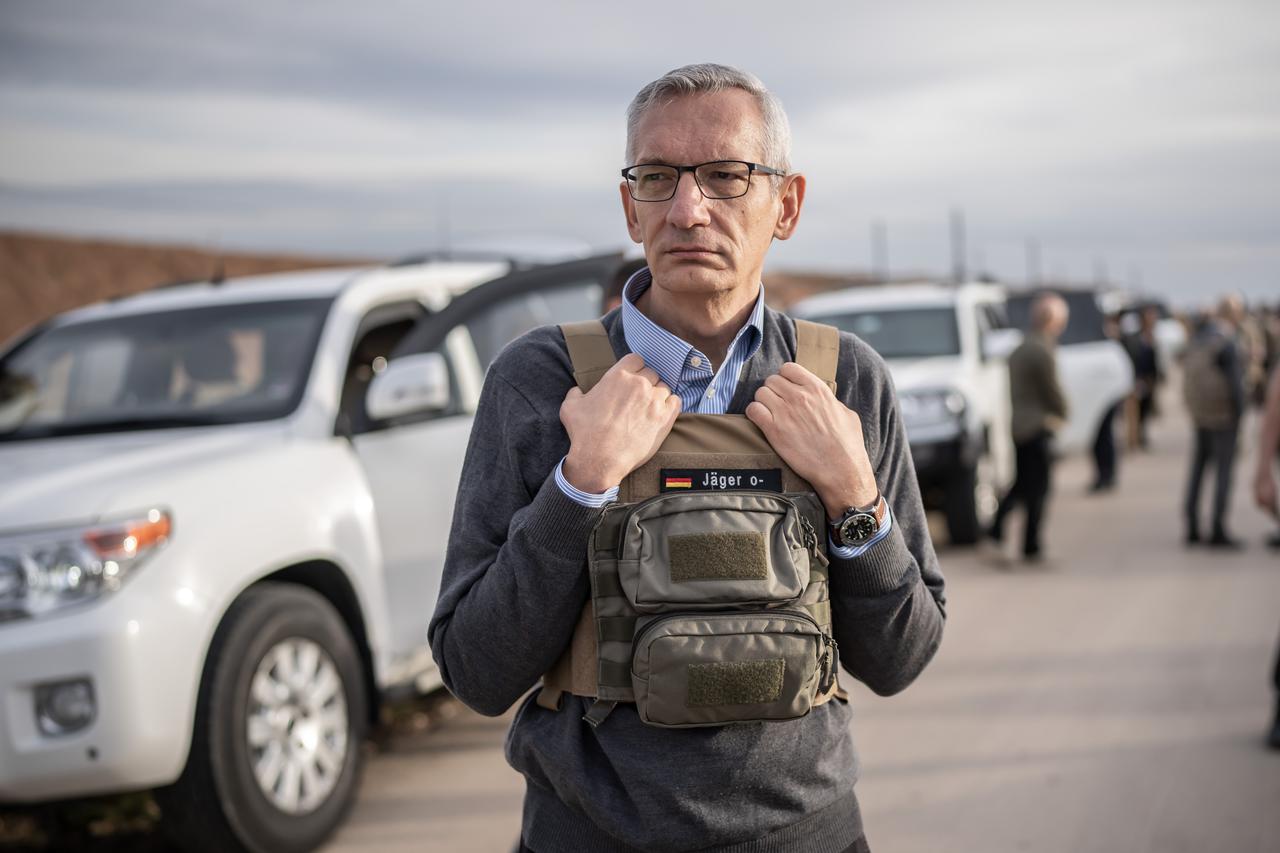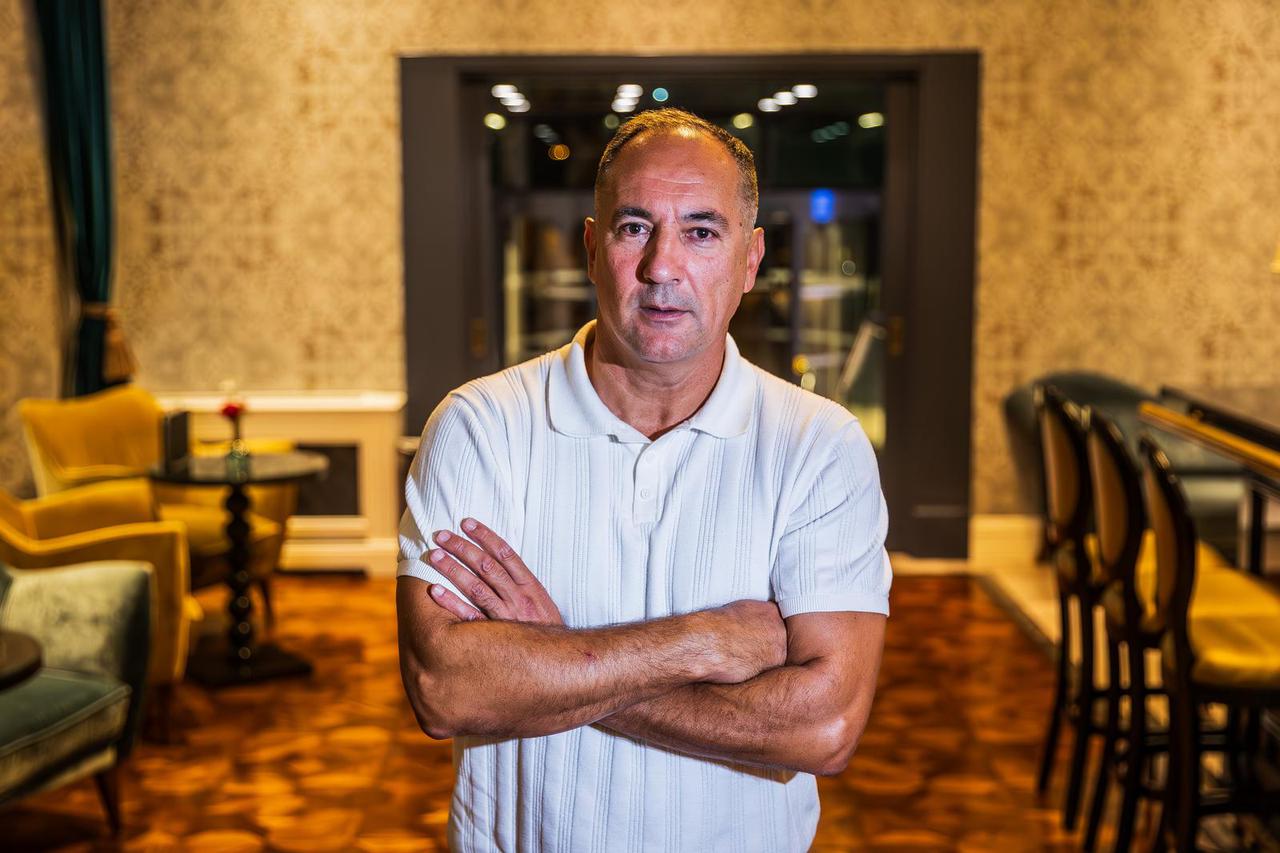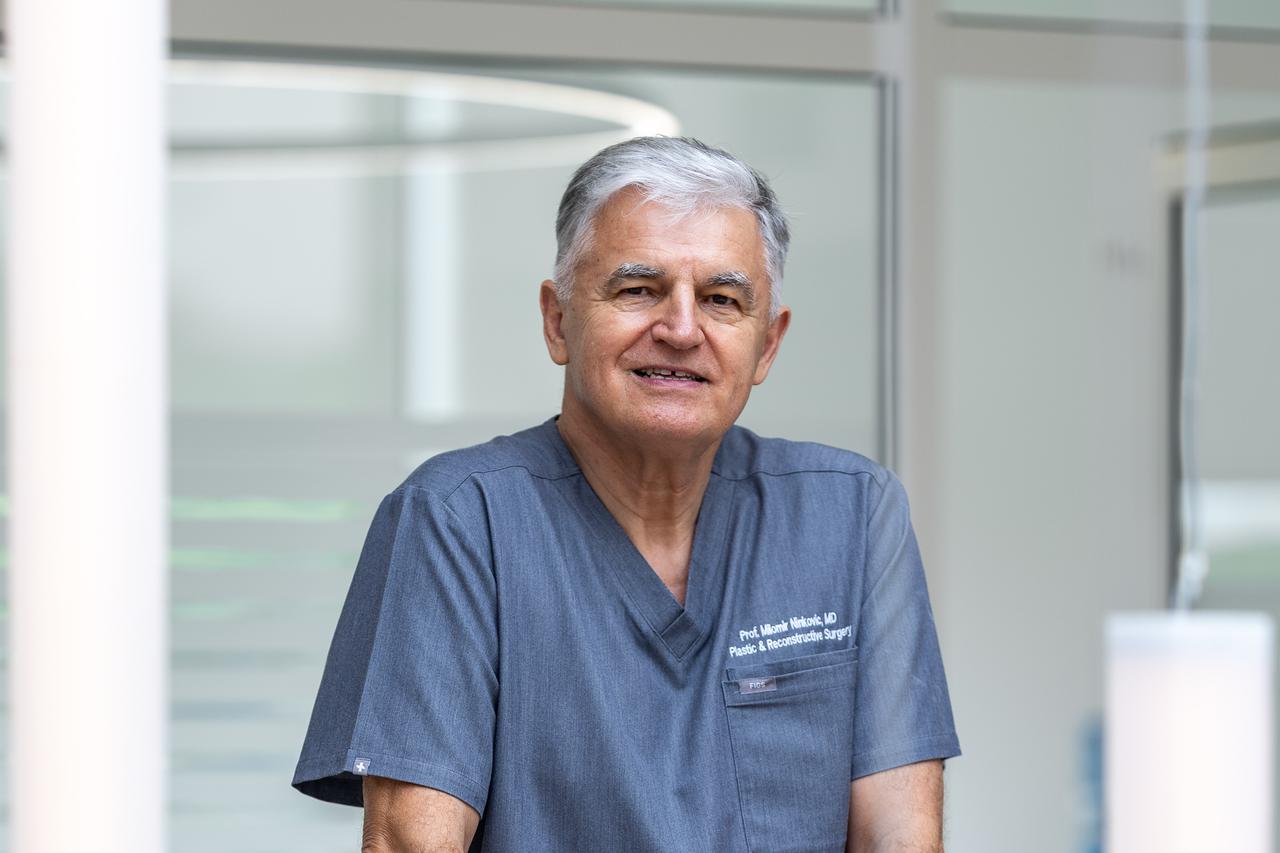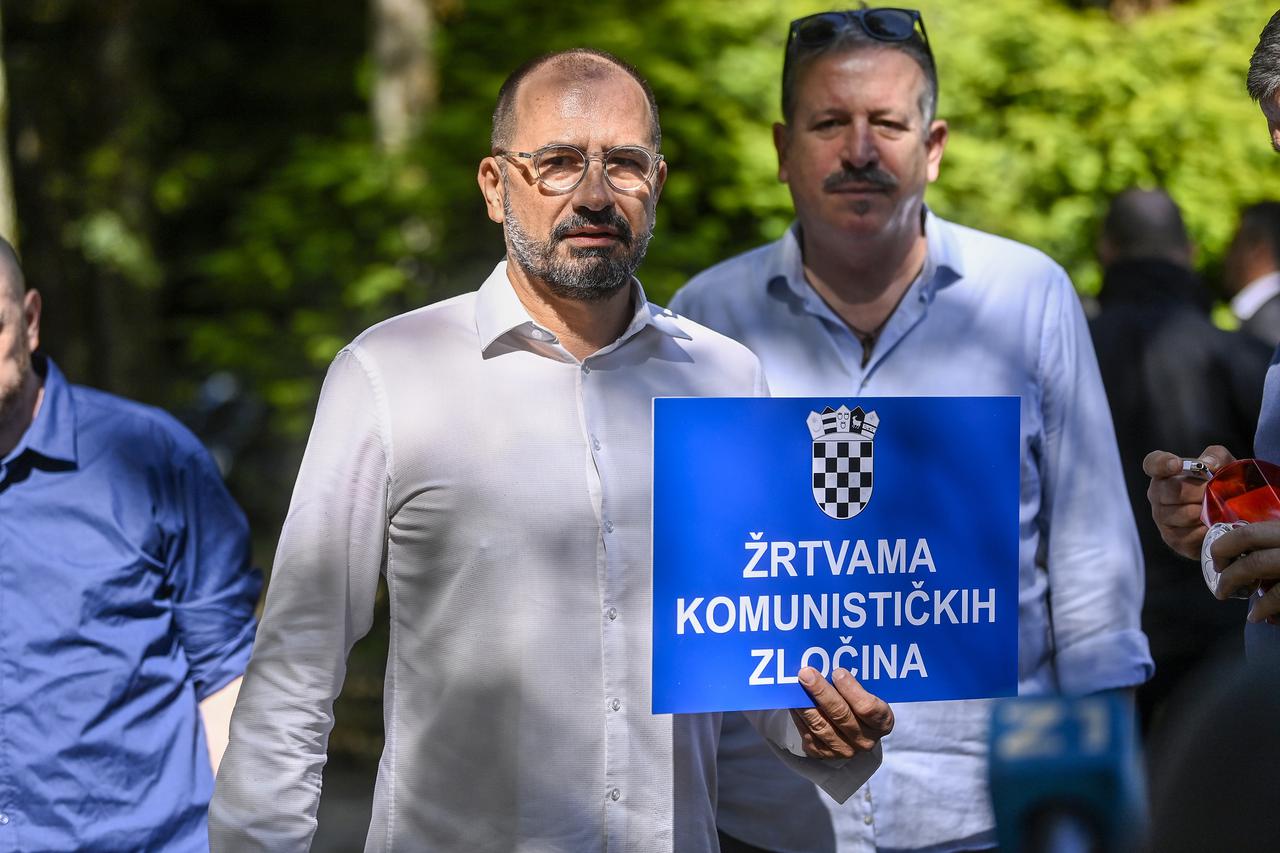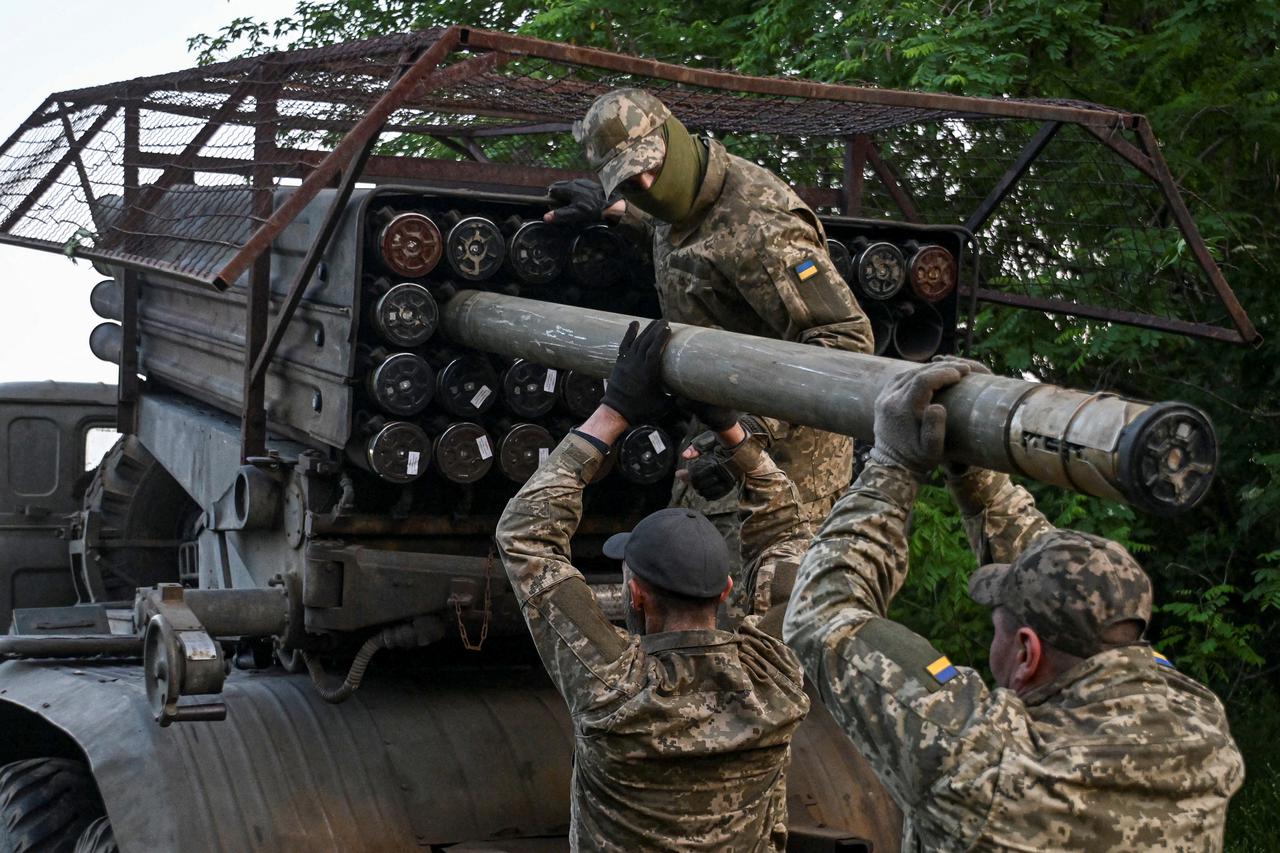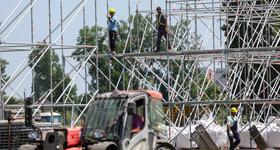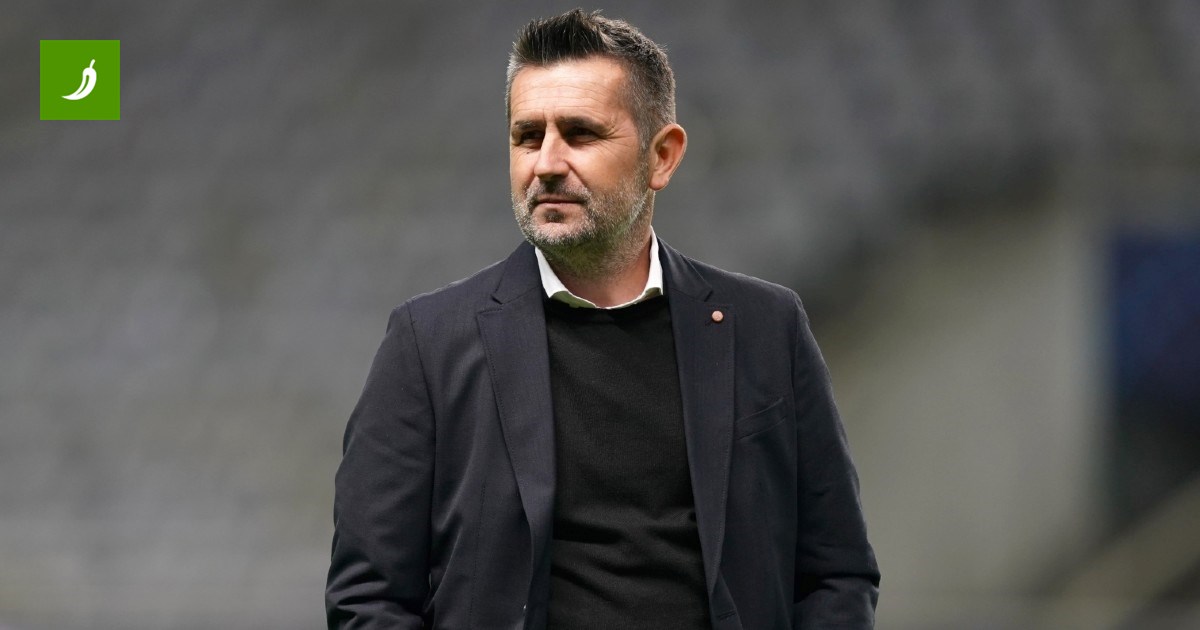Welcome to the circus called the NATO Summit in The Hague, where US President Donald Trump, with plenty of drama and hysteria, managed to push NATO members to increase defense spending to a whopping 5% of GDP by 2028! Yes, you read that right – five percent! It’s like your boss telling you: “You now work twice as much, but the pay? Well, we’ll see!” But let’s break down what’s really going on here.
Trump’s Pyrrhic Victory or How to Scare Your Allies
Trump is known for his “America First” style, which in this case meant that with minimal resources but maximum threats and hysterical tweets, he managed to sow chaos among allies. While many thought he was just putting on a show, in the end, he was taken seriously. Even NATO’s Secretary General called Trump “daddy,” which went viral. But what does this mean for Europe? Increasing military budgets to 5% of GDP is a huge burden for many countries, especially those with weaker economies. Poland is already at 4%, while Spain and others complain and look for excuses not to invest that much.
Croatia: Between Memories of Operation Storm and Today’s Reality
Croatia is in a specific position where threats still smolder, whether from extremism, Bosnia and Herzegovina, or Serbia. Expert Branimir Vidmarović points out that Croatia is no longer the country of the 1990s, celebrating its military victory in Operation Storm. Today, Croatia is part of NATO, but that doesn’t mean its army is ready or that the situation is simple. Modernization and strengthening of the military are necessary, but costly, and Croatia is not Poland or the Baltic states with their strong ties and large budgets.
European Army? Forget It!
The idea of a European army, talked about for years, is now practically discarded. The increase in defense spending is a response to fears of Russia after the invasion of Ukraine, but it doesn’t mean Europe will become an independent military power. On the contrary, many countries are skeptical and don’t want to break away from the American military umbrella. It’s like a group of friends arguing over who will pay the restaurant bill while the owner threatens to close the place.
Regional Alliances and Closing the Adriatic
Vidmarović suggests that Croatia, Albania, and Montenegro should form a strategic military alliance, possibly including Italy, to close the Adriatic and better protect themselves. This is more practical than relying on NATO, which is cumbersome and often ineffective for small countries with specific problems. But will it happen? Hard to say, as regional politics are always complicated, and trust among countries is often low.
Serbia: Between EU Funds and Russian Symbolism
Serbia is in a strange limbo – receiving money from EU funds and slowly moving towards Euro-Atlantic cooperation, but at the same time unwilling to lose Russian symbolism and friendship, which is more a political trick than real cooperation. Russia uses Serbia for its domestic political goals, and Vučić balances between East and West like on a tightrope. It’s like playing chess with two opponents simultaneously, each offering different rewards and threats.
Conclusion: Europe in an Identity and Security Crisis
The NATO summit in The Hague showed that Europe is still not ready to take care of its own security. Increasing military budgets is just the beginning, but real transformation would require cultural changes, different education, and military service, which is hard to reconcile with liberal values and an aging population. While Europe struggles with its dilemmas, Russia and China watch from the sidelines, waiting for their moment.
If you thought politics was boring, think again! This NATO summit is a real drama with all the elements of a thriller, comedy, and tragedy. So, what do you think – will Europe finally stand on its own feet or continue dancing on the thorns of American interests? Drop a comment, crack a joke, or just rub your eyes – this is just the beginning!


